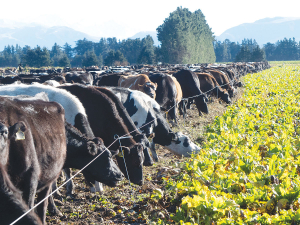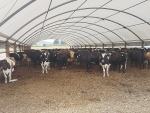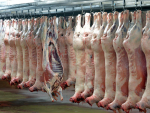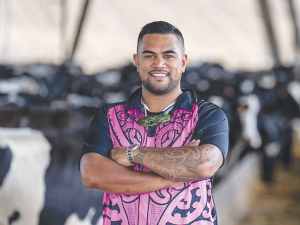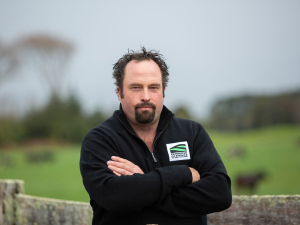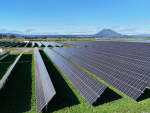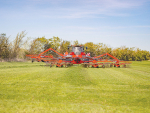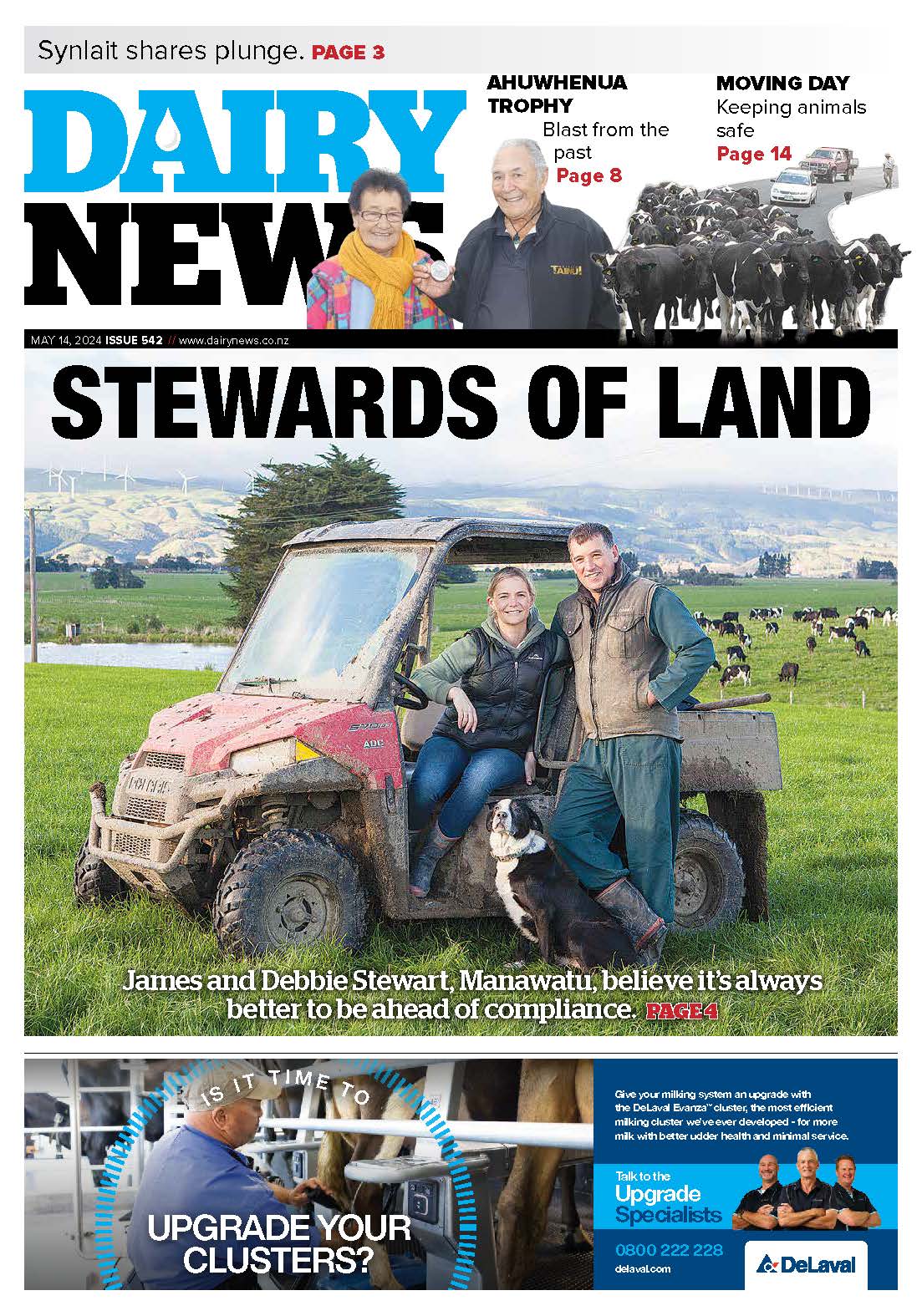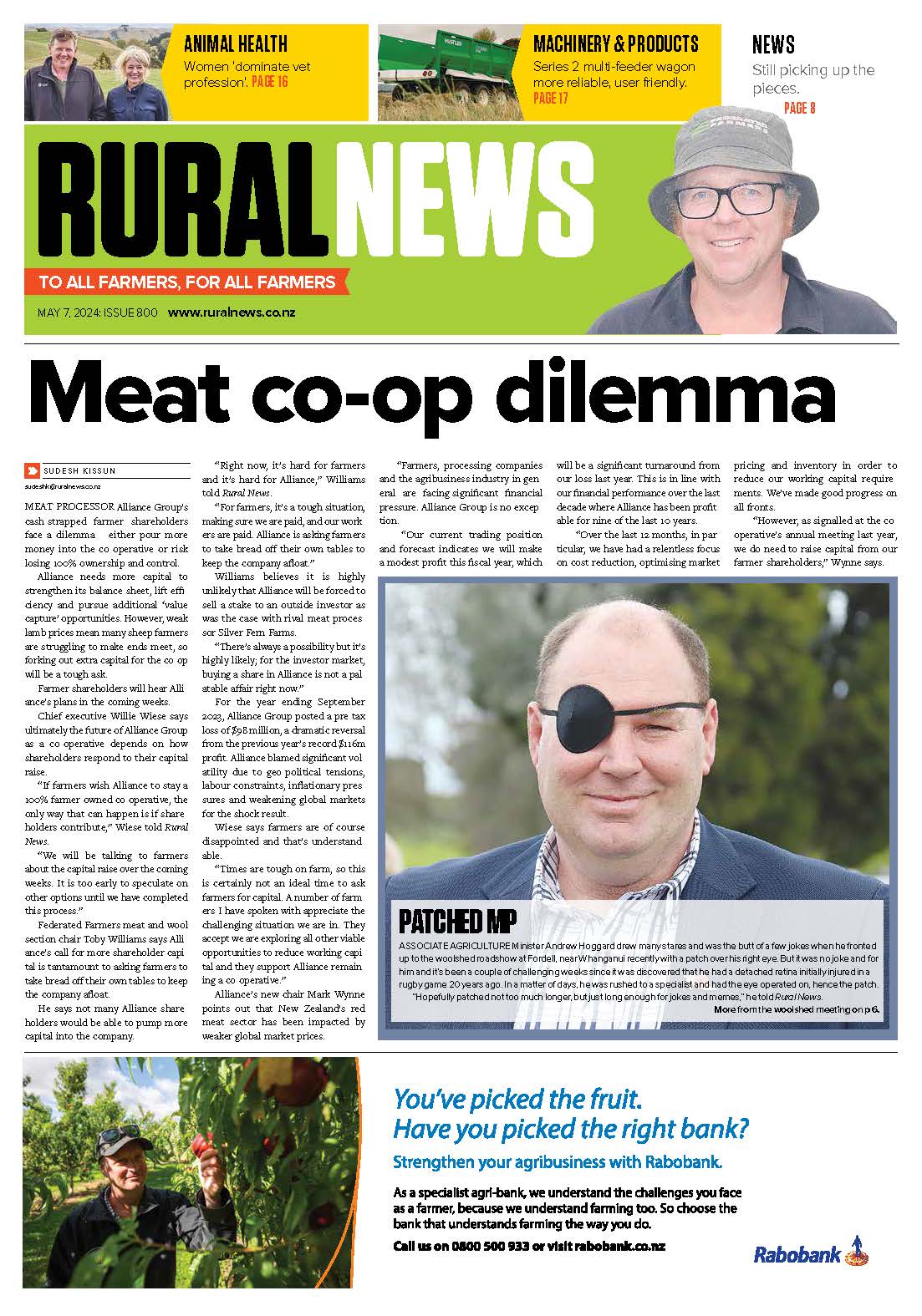Winter grazing of forage crops is very harmful to the environment, says an AgResearch scientist, Professor Richard McDowell.
His comments follow the publication of photographs showing cows deep in mud grazing a fodder crop in Southland, which have drawn much negative comment.
McDowell says 20% to 40% of agricultural contaminants come from forage crop areas, despite them occupying only 10% to 15% of an average farm.
But about one third of contaminant losses from winter grazing of forage crops can be mitigated if a range of strategies are employed.
“These include restricting grazing by only allowing stock on the crop for three or four hours before they go off to an area where all their effluent and urine can be captured and not deposited on the paddock,” he told Rural News.
“Also ensure that, where possible, cows are kept off the remainder of the paddock by using back fencing.
“Another option is to apply alum (aluminium sulphate) to forage crop areas after animals have grazed to decrease phosphorous losses to surface run-off.”
McDowell says if the fodder crop is grown on a sloping area, animals should be fed at the top, working down to the lower areas. This means the cows will be on any muddy areas for the minimum of time.
In some areas prone to being wet, cut and carry to a feed pad where dung and urine can be contained is also an option.
McDowell says winter cropping has developed because of the economics and simplicity of it.
“Another alternative is a herd home, which stacks up environmentally. If the economics are right these could be a viable option.”
Meanwhile, Environment Southland chairman Nicol Horrell and deputy chairman Lloyd McCallum have also entered the fray, saying some farmers need to step up to avoid the whole industry being tarred with this brush.
They say the photographs show wintering practices neither the council nor the farming industry can accept. There is no excuse for ignorance of good practice or for the rules on winter grazing.
“It was very disappointing to hear that recent aerial monitoring showed a lack of good practices. We expect farmers to reflect on their winter grazing practices now and start to prepare for next season.”
Moove away from muddy cows
Outgoing DairyNZ director Ben Allomes says farmers need to change with the times and adopt practices good for their animals and the environment.
He says if a farmer in 2019 thinks he can farm for the next 10 to 15 years without any change to their system then he is kidding himself.
“They must hold up a mirror and say ‘hang on a minute, change has always come and I have to keep changing with it’. There is no status quo,” he told Rural News.
Allomes says many farming practices are unfit for the environment in which they are occurring. Each farmer must understand their particular property and manage their resources so as not to harm animals or the environment.
Allomes says, overall, winter grazing is not a big problem in New Zealand. But certain key regions and even catchments may have problems if farmers don’t properly plan their winter grazing. Not only catchments but also soil types can make a huge difference.





